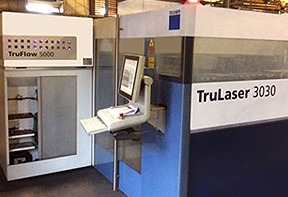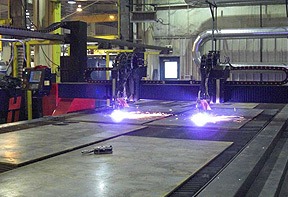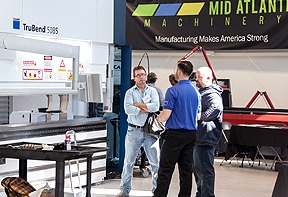Sustainable Manufacturing: Challenges and Opportunities

Sustainable manufacturing, also known as green manufacturing or eco-friendly manufacturing, is a concept that focuses on producing goods while minimizing negative environmental impacts and maximizing economic and social benefits. It involves the integration of environmental, economic, and social considerations into the manufacturing process. There are several challenges and opportunities associated with sustainable manufacturing:
Challenges:
- Resource Efficiency: One of the main challenges is optimizing the use of resources, including raw materials, energy, and water. Reducing resource consumption and waste generation is critical.
- Emissions and Pollution: Sustainable manufacturing aims to reduce emissions and pollution. This can be challenging, especially for industries with historically high levels of emissions, such as heavy manufacturing or the energy sector.
- Technological Innovation: Adopting new, sustainable technologies can be expensive and time-consuming. Manufacturers may
- face resistance to change and may need to make substantial investments in research and development.
- Regulatory Compliance: Manufacturers must comply with an ever-increasing number of environmental regulations. Ensuring compliance while maintaining cost-effectiveness can be a challenge.
- Supply Chain Complexity: Manufacturers need to consider the sustainability of their entire supply chain, from raw materials to distribution. Ensuring that all suppliers meet sustainable criteria can be complex.
Opportunities:
- Cost Savings: Sustainable manufacturing often leads to cost savings in the long run. For example, energy-efficient processes can reduce operational costs, and reducing waste can lower disposal costs.
- Market Advantage: Companies that embrace sustainable manufacturing practices can gain a competitive edge in the market. Sustainability can be a selling point and may attract eco-conscious consumers.
- Innovation: Developing and adopting sustainable technologies can lead to innovations that drive growth and open new markets. It can also enhance a company’s reputation for innovation.
- Resource Security: By reducing reliance on finite resources and minimizing waste, sustainable manufacturing can enhance a company’s long-term resource security.
- Compliance and Risk Mitigation: Sustainable practices can help manufacturers stay compliant with environmental regulations and reduce the risks associated with legal and reputational damage.
In conclusion, sustainable manufacturing is a crucial approach for addressing environmental and social challenges while fostering economic growth. While there are certainly challenges, the opportunities for sustainable manufacturing are substantial, and companies that embrace these practices are likely to be more resilient, competitive, and better aligned with the values and demands of the modern marketplace. Contact us today for more information!









